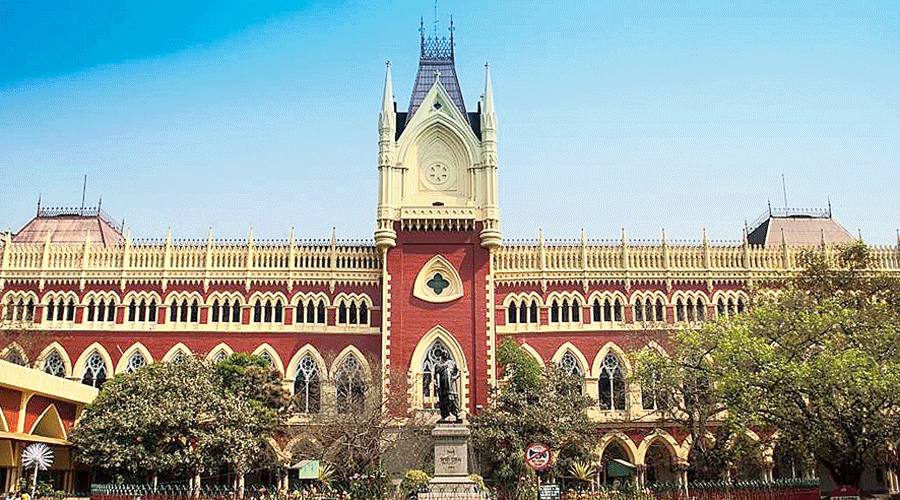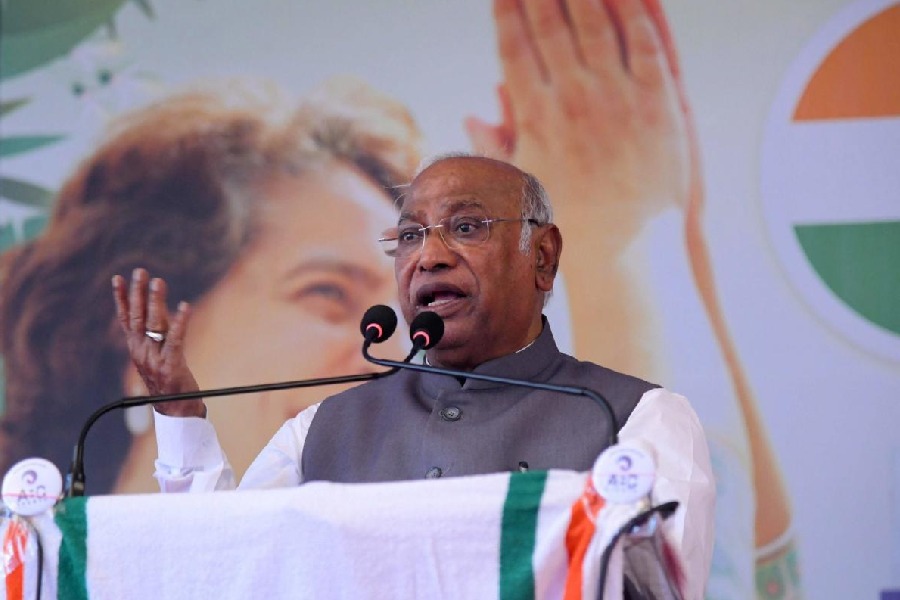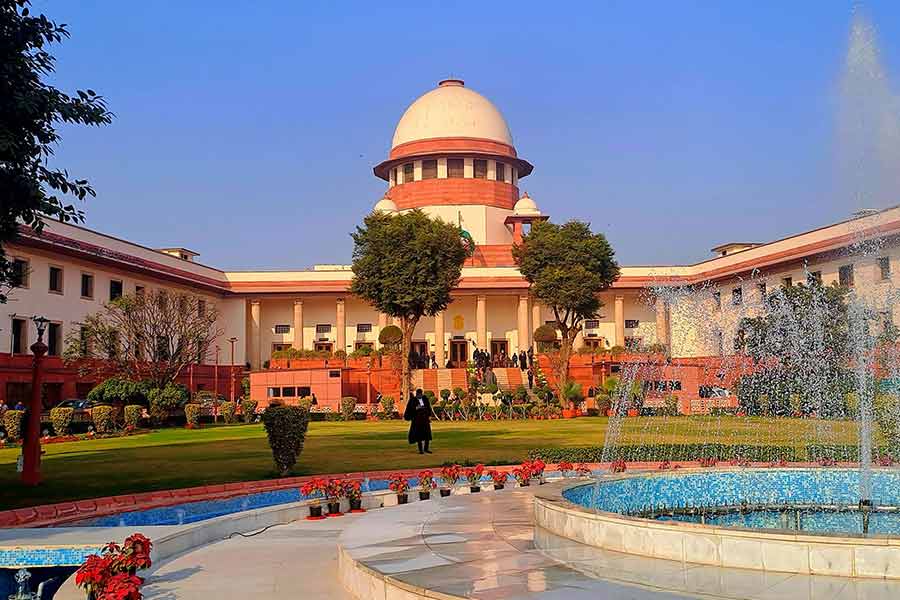Calcutta High Court on Monday dismissed a public interest petition filed by Congress MP Adhir Ranjan Chowdhury, seeking a CBI probe into the Mamata Banerjee government’s sale of 47 per cent stake in Metro Dairy Ltd to private enterprise Keventer Agro Ltd.
A division bench of Chief Justice Prakash Shrivastava and Justice Rajarshi Bharadwaj ruled that the sale was “neither illegal nor arbitrary” and refused to interfere in the matter.
The court also held that the state had not “adopted non-transparent or opaque procedure for sale of shares”, blunting the argument of Chowdhury that shares were sold at a “very low” price “without following any transparent process and without any justifiable reason”.
The order has come as a relief for the Mamata Banerjee administration at a time when it is facing multiple probes by central agencies on various corruption-related matters.
A statement from Fox & Mandal, counsel for Keventer, stated that it hoped Monday’s judgement should bring about a closure of any further or other inquiry.
Chowdhury, however, refused to relent. “I respect the judgement even though I do not agree with it. I am going to file a special leave petition in the Supreme Court to challenge the decision of the high court,” he told this newspaper later in the day.
Mayank Jalan, chairman and managing director, declined to comment.
However, in the evening, without referring to the case directly, he tweeted: “Truth always wins. Unfortunately, liars get their turn first.”
Metro Dairy was formed in 1993 by the Bengal government, National Dairy Development Board and Keventer Agro whereby they held 47 per cent, 10 per cent and 43 per cent stake, respectively.
In 2014, the NDDB had sold its stake to ICICI, which in turn sold it to Keventer. Thus, Keventer became a majority stakeholder in Metro Dairy with 53 per cent stake. In 2017, the state sold its entire stake to Keventer through an e-auction for Rs 84.5 crore.
Observing that the sale of the shares was essentially a policy decision based on economic and other considerations and usually not open to interference, the bench said “nothing has been pointed out to show that the decision of the state to sell 47 per cent shares of MDL runs counter to any statutory provision or is illegal in any manner”.
The bench also trashed the argument that the sale of shares was arbitrary or mala fide. Materials on record showed that the state found the share sale on the basis of book value, as enshrined in the joint venture agreement, would have earned much less. Hence, it decided to go for competitive open bidding.
The auction took place twice and in both the cases, Keventer was the sole bidder. In the end, Keventer’s bid of Rs 84.5 crore was accepted. It was pointed out that no other bidder had come forward, probably because it would still be a minority shareholder as Keventer already had majority.
Pointing out to the sequence of events leading to sale, the bench observed that it “clearly reveal that the process of sale of 47 per cent shares of MDL adopted by the state cannot be termed as opaque or non- transparent process”.
The court also appeared to concur with Keventer’s argument that its 15 per cent stake sale to private equity firm Mandala Capital for Rs 115 crore shortly after purchase of government’s stake in Metro Dairy was not linked.











